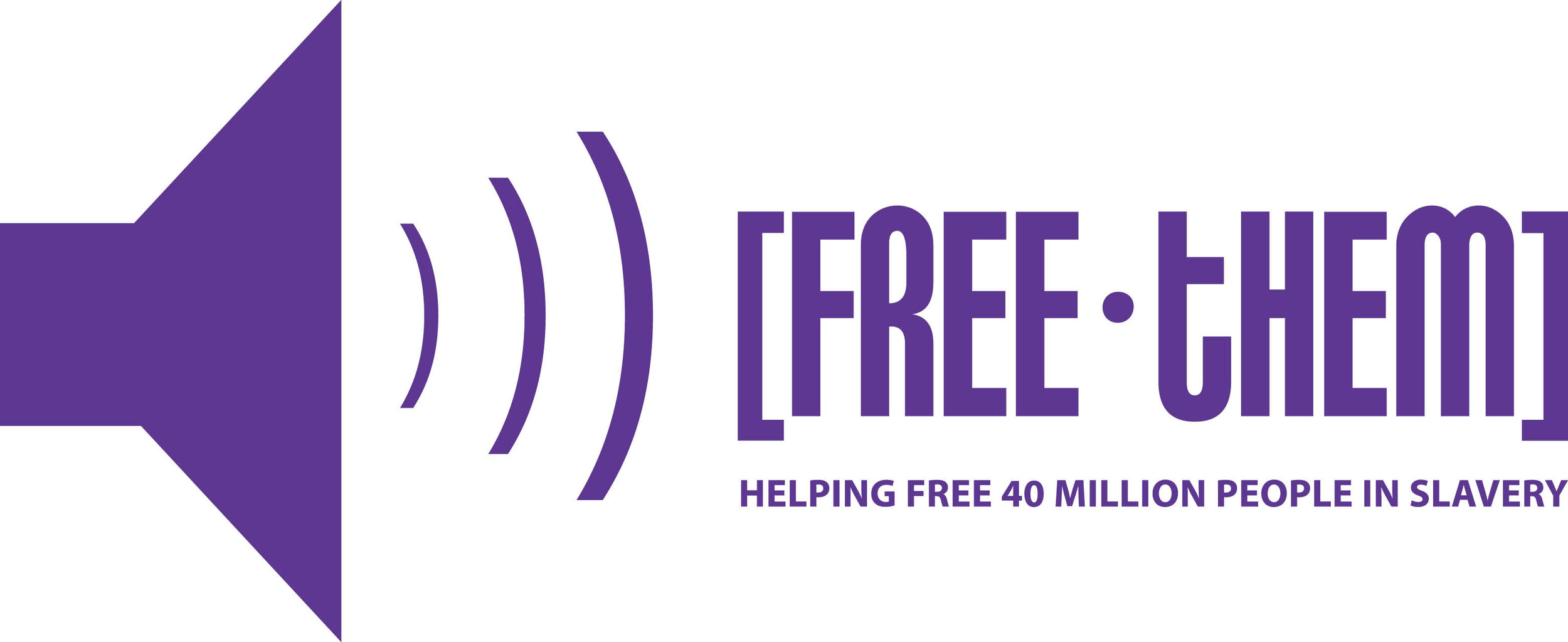Our History
In 2003, at the age of 18, Shae Invidiata moved to Honolulu, Hawaii to pursue her university education in advertising. She attended Hawaii Pacific University located in the heart of Honolulu and shared a home with hundreds of students at Ohana Surf Rider Hotel in Waikiki. Half of the Ohana Surf Rider operated as a dormitory for the students and the other half operated as a hotel. With 69 beaches to explore, 23 state parks to visit, incredible history to honour and a climate that rarely drops below 23 degrees celsius (75 degrees fahrenheit) - the island of Oahu is truly paradise. Despite all that, it didn’t take long for Invidiata to discover the dark side of Hawaii - and it all started on her own street which Invidiata learned was also referred to as “Candy Lane.”
At night Kuhio Avenue would turn into a different place. Everywhere you looked there were ‘prostitutes’ and ‘hookers’ and yet you would also see families with their children walking about and police officers standing on the sidewalk, observing.
“Daily I would see these girls on the streets. While I was coming home from night classes, going out to dinner, or waking up early for a morning surf - I would always see these girls there…girls younger than me - thirteen, fourteen, fifteen, sixteen, seventeen and some older than me. But the majority seemed to be between sixteen to nineteen years old."
Invidiata wanted to understand why a young women would ‘want’ to be in this industry, why a girl would ‘choose’ this lifestyle.
Leaving any predisposition aside on her viewpoints of prostitution, Invidiata began to reach out and be present with these girls. What she discovered over a two year period would change her world forever. Invidiata explains, "What I started to realize is that the word 'prostitute’ that we equate so much with ‘choice’ is widely misrepresented and the more accurate word to be using is 'prostituted', and shortly thereafter I learnt the word 'human trafficking' and my world was shattered."
Through these girls Invidiata began to learn their stories of false promises, fake boyfriends, being coerced, lured, and the fear and realities that prohibited them from being able to leave or escape. This was slavery, in the modern century.
Invidiata recalls, "I couldn't believe that slavery was happening in today's age, and to learn that human trafficking was the fast growing crime on our planet. And moreso, I couldn't believe that no one was talking about this - where was our world on this injustice? I then began to see every girl differently, and if it were me, I would be praying that someone would come to my rescue, I would be praying that someone would see me as a victim that needs help to get out."
It was this reality that prompted Invidiata to decide to do something, at the time not knowing what, but she knew that she needed to make people aware of the dark secret of human trafficking.
In 2006 Invidiata moved off the island of Oahu to live in Vancouver, Canada and Sydney, Australia to finish her university education. During these three years, the issue of human trafficking kept following Invidiata, "I began to see situations completely different and I started to question what I was seeing, once you know the signs of human trafficking, you begin to see red flags where you once just thought that was a weird or negative situation."
After meeting with different organizations and doing much research on what was taking place with government and organizations in these cities and countries around - Invidiata concluded that there was a gap.
The awareness and education still lacked that made citizens aware that human trafficking was happening in their own country. “You cannot fight something that you are not aware exists, and further, a donor will not give money to something that they do not understand”.
In January 2010, Invidiata founded Free-Them; an initiative dedicated to raising awareness and funds to abolish human trafficking in Canada and abroad by partnering with people, organizations and businesses to fight human trafficking – slavery today.
Today Free-Them is a registered Not-for-Profit organization that is all volunteer operated.


